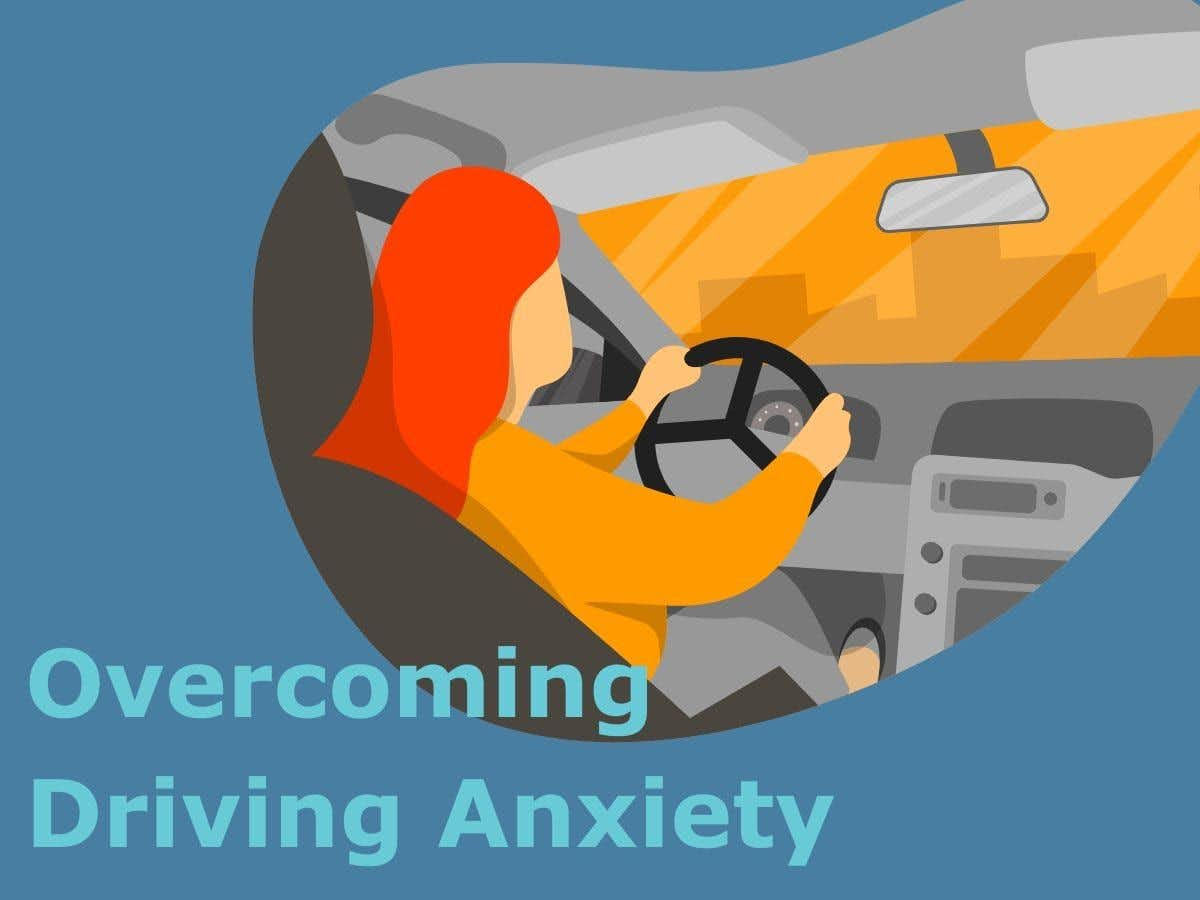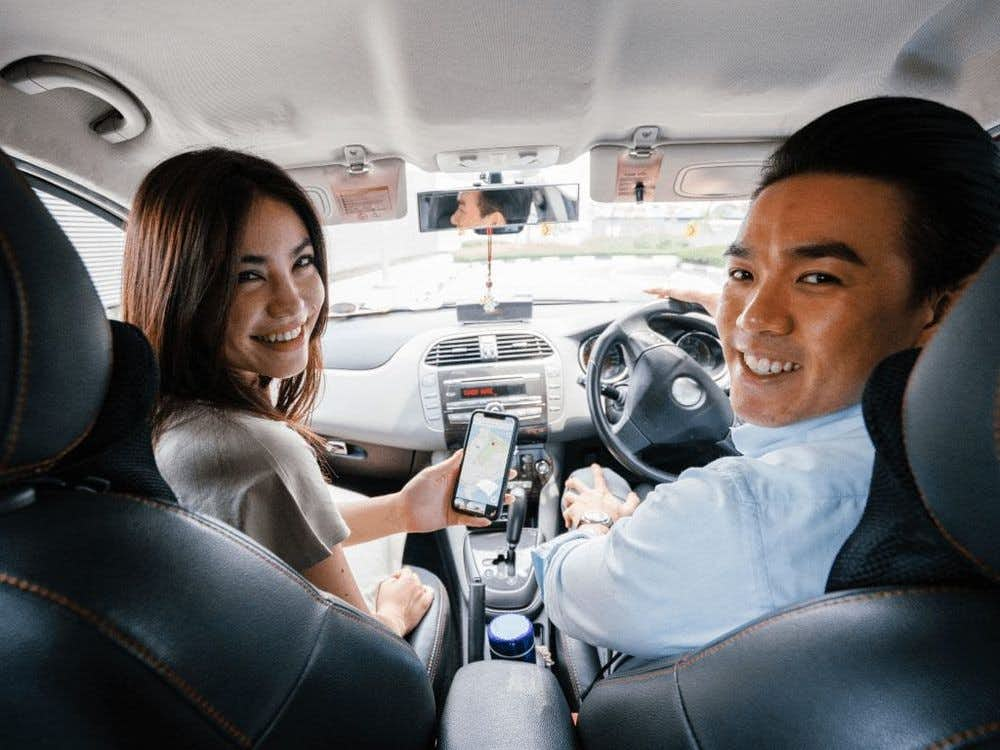September 27th, 2018

Driving is a serious responsibility and privilege. That goes without saying, there are many people that wish to drive but can not. Not because they don’t want to, but because they have driving anxiety. Do you suffer from driving anxiety? If so, don’t worry, there are ways to cope with driving anxiety so that you too may experience the freedom that comes with driving.
Driving anxiety is just anxiety while driving. People experience anxiety for many reasons. There’s test anxiety, social anxiety, anxiety triggered by animals or clowns, but yes there is also driving anxiety. This can come in levels of severity, from feeling extremely tense while driving or not driving at all, but it is a common form of anxiety. If you are incapable of driving because your anxiety is so severe it may be a driving phobia. It is important that you recognize whether it is a driving phobia or driving anxiety. Symptoms are similar to symptoms related to anxiety in general but are triggered by driving. These symptoms could be a racing heart, sweaty palms, shortness of breath, dry mouth, and sometimes can result in panic attacks.
There are a number of reasons you may experience driving anxiety. It may be one overarching reason or several reasons accumulated together. One possible reason is due to a fear of fatality while driving. It may be the case that you fear the driving abilities of other drivers on the road, or you may fear your own driving abilities. Either way, there is a constant worry that you or someone else is going to die while on the road. While accidents do occur, constantly imaging an accident only heightens the anxiety experienced while driving and can very well be distracting. This can only increase your chances of having an accident. Another reason you may experience anxiety while driving is simply not knowing where you’re going. It can be overwhelming driving in a new city or visiting a friend in a new home because you are out of your element. Trying to focus on maneuvering a vehicle while cognitively thinking about where you’re going entails multitasking, splitting your attention to various tasks. This can be anxiety-provoking.
[video width="1200" height="900" mp4="https://claritychi.com/wp-content/uploads/2018/09/Untitled-design.mp4"][/video]
Whether you have personally been in an accident, witnessed someone else be in an accident, or just heard horror stories from the news or family and friends, these incidents can be traumatic. Just like being in a car accident is traumatic, so can other driving experiences like having a panic attack while being in the car, or driving through a severe storm. Either way, these experiences are common but still scary experiences and can ruminate in your mind. This rumination only causes more problems by elevating your already existing anxiety. Finally, while you may not have a fear of being in enclosed places, having driving anxiety and being in a car can make you feel stuck and possibly elicit a panic attack. The idea of feeling trapped and even worrying about having a panic attack can heighten your anxiety.
So how do we decrease or eliminate your driving anxiety? Well, there are various ways to cope with this. If you think your anxiety is too severe to manage alone, seek the help of a professional. Within therapy, you can learn ways to deal with your thoughts and learn relaxation techniques to diminish or alleviate the physical symptoms.
If you don’t think you need to seek professional help and your symptoms are manageable, a fundamental way to cope would be to learn deep breathing exercises to use when your anxiety begins to rise.
Settle your thoughts. If you find yourself thinking negatively about driving do your best to channel your thoughts to positive thinking. Remember to make sure you are aware of other stressors in your life. If you are already stressed in other aspects of your life, driving under immense stress will only make your driving anxiety worse.

At Clarity Clinic, we have highly trained staff who specialize in psychotherapy and psychiatry services. To learn more about how we can support your mental health, call Clarity Clinic on (312) 815-9660 or schedule an appointment today.
Our Services
Virtual/Online CarePHP and IOPAdult PsychiatryChild & Adolescent PsychiatryAdult TherapyChild & Adolescent TherapyCouples CounselingFamily TherapyGroup TherapyPsychological TestingTranscranial Magnetic Stimulation (TMS)